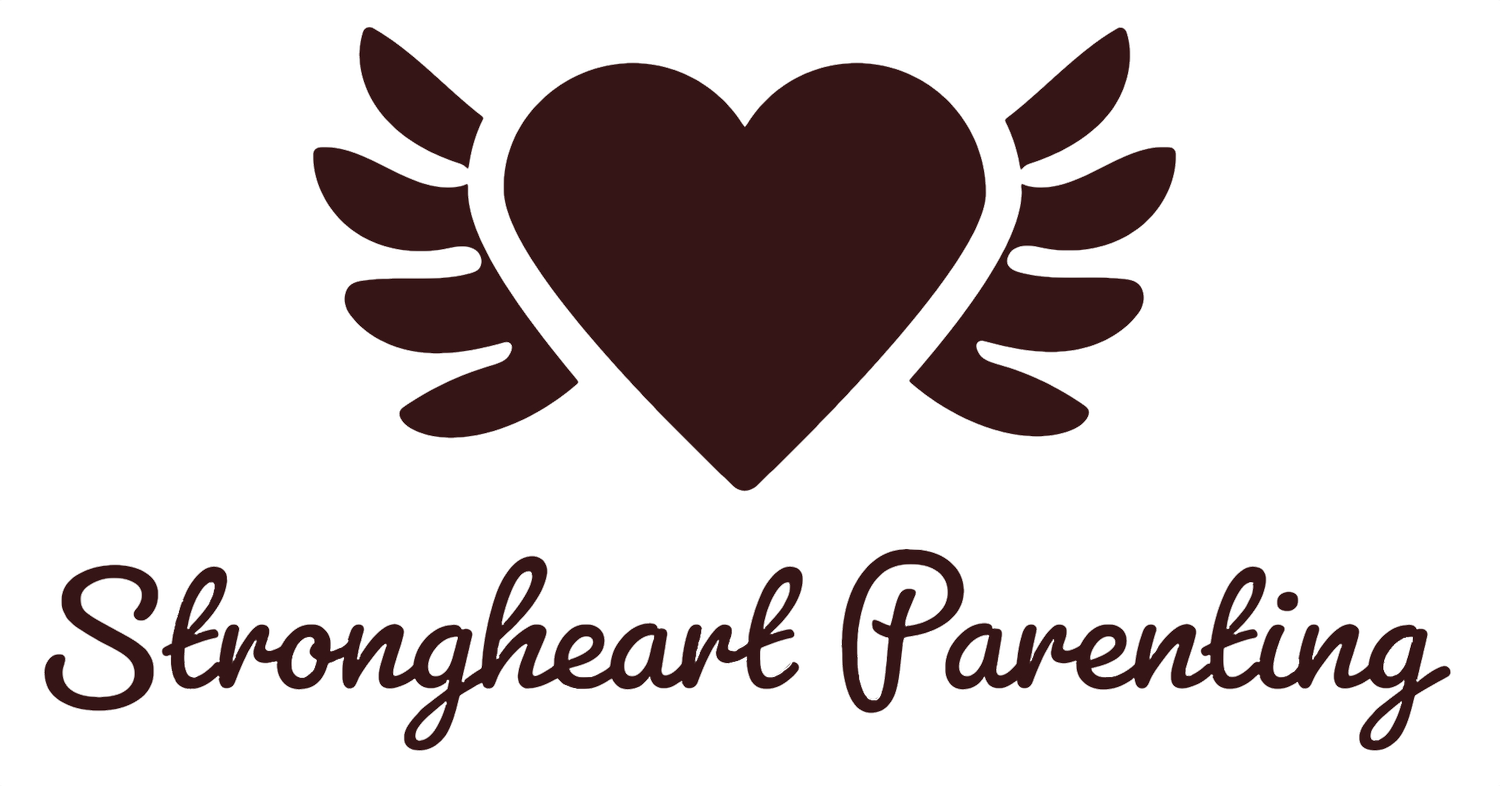The Toxic Effects of Shaming Children—Creative Child
"When made to feel unworthy, children will usually try harder to please their parents, giving the illusion that it’s “working,” but those feelings of worthlessness cause deep scars which can take a lifetime to heal.
"Shame isn’t only common in abusive homes, but is generally an acceptable form of “discipline” in your average “nice” family. Shaming includes verbal comments such as “stop acting like a baby,” “you naughty child,” and “are you that stupid?” as well as the unfortunate trend in public shaming and social media humiliation.
"We have a habit of reducing children to nothing more than behavior, and we treat only the behavior we see rather than treating the human being behind the behavior. When we are focused on only treating behavior, we may be quick to dole out punishments or use shaming tactics to gain compliance. When we are focused on treating the human being, we are able to empathize, teach, and guide the child to better behavior. This is obviously a healthier approach, but it takes more time and effort.
"Shaming is quick and often effective, so don’t be fooled into taking the easy way out. There is a valuable, worthy human being behind that behavior."
Rebecca Eanes has some wonderful alternatives to shaming—this is a great read, with lots of good links, as well.





